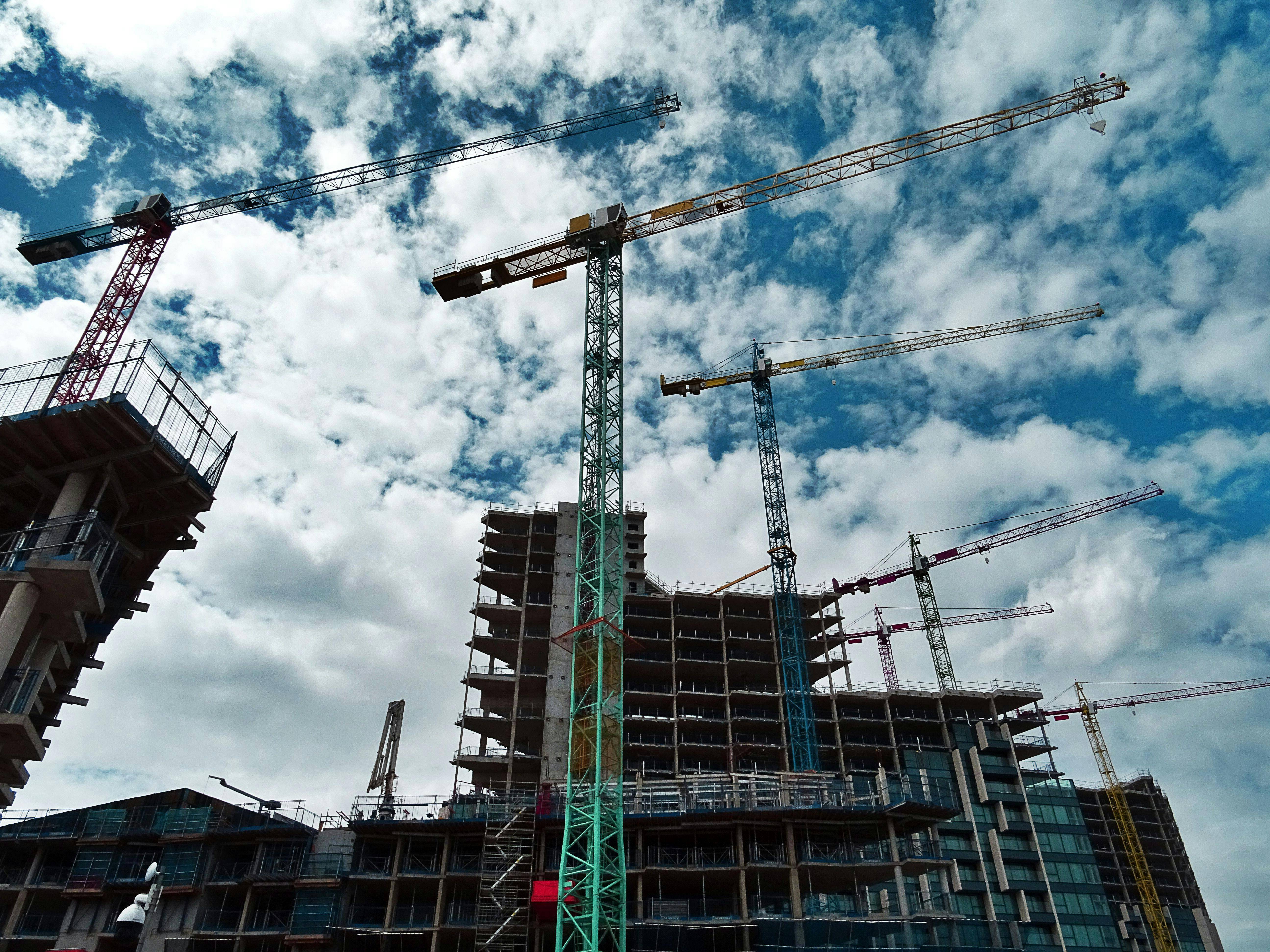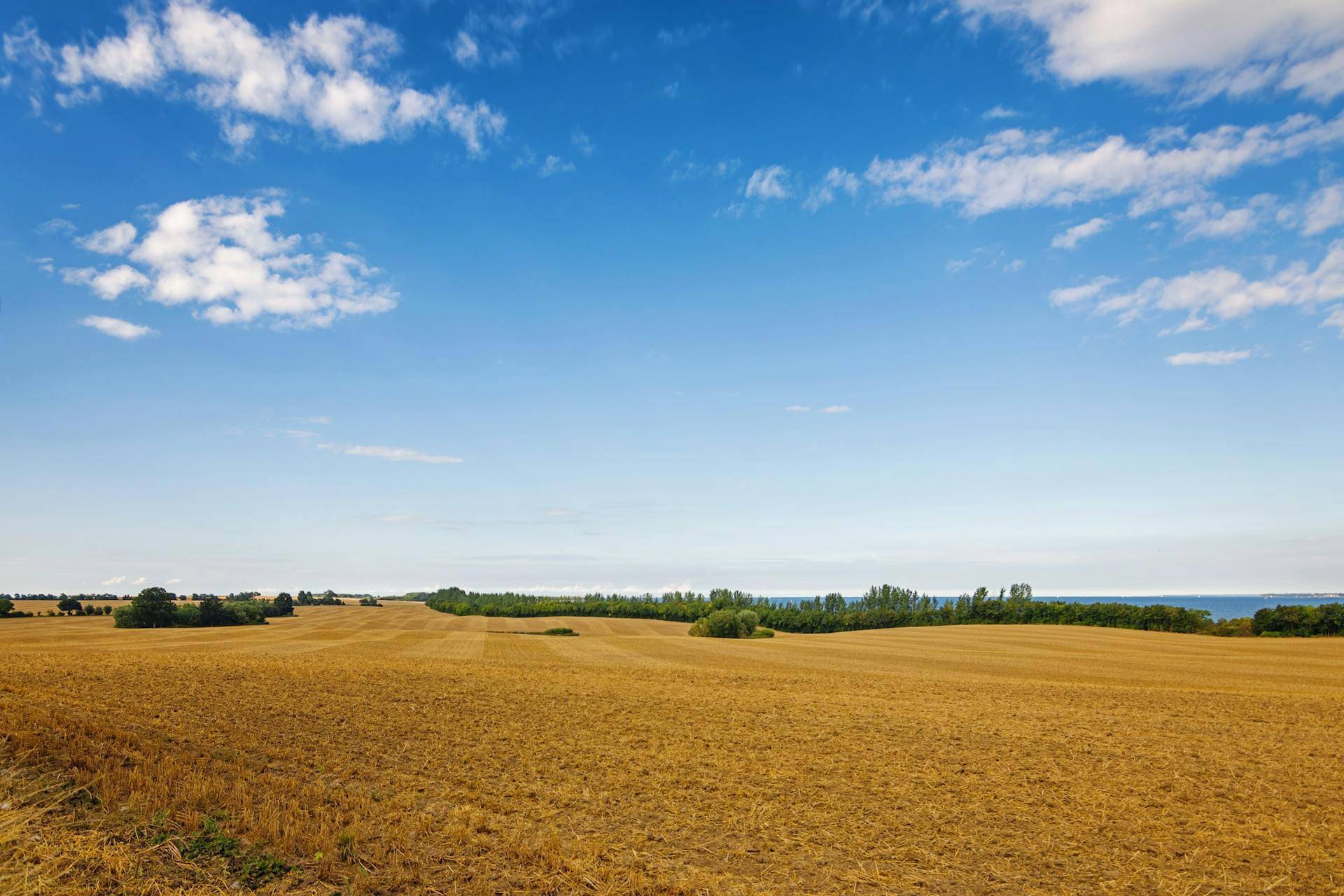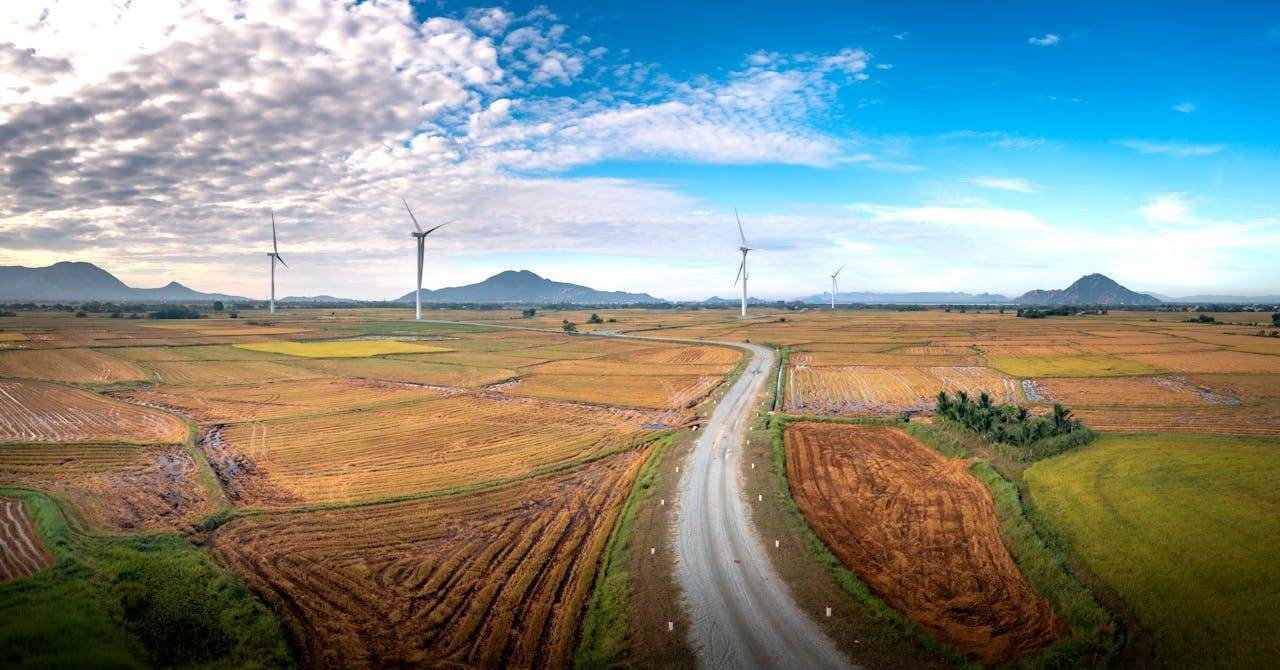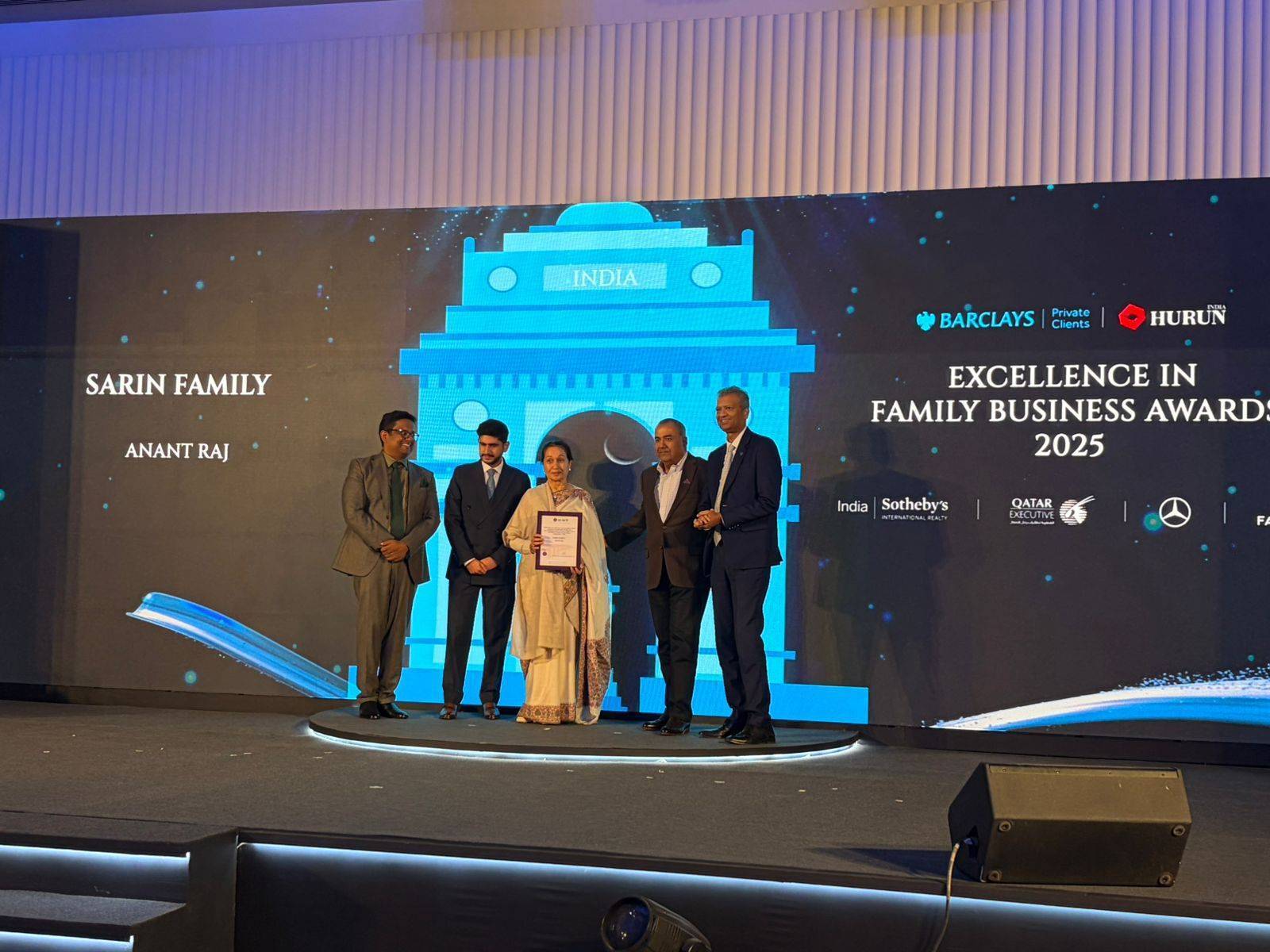The Brihanmumbai Municipal Corporation (BMC) has taken decisive action to address air pollution concerns by issuing stop-work notices to 78 construction sites across Byculla and Borivali East. In addition, the civic body has halted new permissions for road repair projects citywide. These measures are part of a broader initiative to tackle the rising air pollution levels that have plagued the city in recent weeks.
Air Pollution Concerns Prompt Action
The stop-work notices come in the wake of unusually dense haze and rising Air Quality Index (AQI) levels observed across Mumbai. December saw AQI levels consistently falling into the “poor” category in several parts of the city, particularly in Byculla and Borivali East. Residents of these areas voiced concerns over dust and pollution caused by ongoing construction and roadworks.
While Mumbai’s air quality has slightly improved, with the AQI currently in the “moderate” range (an average of 126 recorded on Tuesday by the Central Pollution Control Board), the BMC has decided to implement stringent measures to prevent further degradation.
According to the Central Pollution Control Board (CPCB), PM 2.5 and Ozone 3 remain the prominent pollutants in Mumbai’s air. The BMC has identified construction dust as a major contributor to air pollution and has accordingly focused its attention on curbing emissions from such activities.
Suspension of Construction Activities
The stop-work notices issued by the BMC apply to both public and private construction projects. Of the 78 construction sites affected, 33 are located in Byculla and 45 in Borivali East—areas that have consistently recorded poor air quality in recent weeks.
The move is in line with the Graded Response Action Plan (GRAP-4), which mandates the suspension of construction activities in areas where AQI levels exceed 200. The plan, aimed at mitigating pollution in a phased manner, allows exemptions only for essential projects such as road concretisation works.
To ensure compliance with GRAP-4 guidelines, the BMC has deployed inspection teams to monitor construction sites. These teams are tasked with verifying whether sites have implemented Environment Management Plans (EMPs), which include measures such as covering construction materials, using water sprinklers to suppress dust, and ensuring proper disposal of debris.
Sites that fail to demonstrate an EMP are immediately issued stop-work notices. In cases where such notices are ignored, legal action may be initiated under Section 52 of the Maharashtra Regional and Town Planning Act, 1966.
Halting Road Repair Permissions
In addition to targeting construction activities, the BMC has temporarily stopped granting new permissions for road repair projects across the city. This decision aims to control dust emissions arising from smaller repair works, which can also contribute to worsening air quality.
While road concretisation projects that are already underway will continue, the BMC’s focus remains on limiting non-essential works. By halting these permissions, the civic body hopes to strike a balance between maintaining infrastructure and protecting public health.
Monitoring Air Quality and Enforcement
The BMC and the Maharashtra Pollution Control Board (MPCB) are closely monitoring air quality in the affected areas. Avinash Dhakne, member-secretary of MPCB, stated that air quality levels in Byculla and Borivali East will be tracked over the next eight days. The findings will help determine whether further restrictions or measures are necessary.
Despite the current improvement in Mumbai’s AQI, areas such as Navy Nagar and Worli remain under observation. These regions have also experienced high pollution levels recently and could face similar restrictions if conditions worsen.
Resident Concerns Drive Measures
The BMC’s actions have been largely driven by complaints from residents of Borivali East and Byculla. Locals reported that ongoing construction and roadworks were significantly contributing to air pollution in their neighborhoods. The dust generated by these activities has made everyday life challenging, particularly for vulnerable populations such as children, the elderly, and those with respiratory conditions.
While the suspension of construction activities has caused disruptions to ongoing projects, many residents support the BMC’s measures. They believe that the immediate health benefits of reduced air pollution outweigh the inconveniences caused by project delays.
Ensuring Compliance Through Guidelines
To strengthen its efforts, the BMC has issued a set of 28-point guidelines that construction sites must adhere to. These include:
- Covering building materials to prevent dust from spreading.
- Installing sprinklers to control airborne particles.
- Ensuring that debris is transported in covered vehicles.
- Avoiding construction activities during peak pollution hours.
The civic body has also ramped up its enforcement efforts, with inspectors conducting regular checks to ensure compliance. Failure to adhere to these guidelines can result in fines, stop-work notices, or even legal proceedings.
Long-Term Solutions for Cleaner Air
The current measures are part of the BMC’s long-term strategy to improve air quality in Mumbai. By addressing both major and minor contributors to pollution, the civic body hopes to create a sustainable framework for environmental management.
However, the challenge remains significant. Mumbai’s rapid urbanization has led to increased construction activity, road repairs, and vehicular emissions—all of which contribute to poor air quality. Balancing the city’s developmental needs with its environmental goals will require careful planning and consistent enforcement of pollution control measures.
The BMC’s actions represent a critical step toward mitigating air pollution in Mumbai. By suspending construction activities, halting road repair permissions, and enforcing stricter guidelines, the civic body has demonstrated its commitment to safeguarding public health.
As Mumbai continues to grapple with air quality issues, it is essential for all stakeholders—including residents, construction firms, and policymakers—to work together to ensure a cleaner and healthier environment. While the immediate measures may cause temporary disruptions, they are a necessary sacrifice for the long-term benefit of the city and its inhabitants.
Image source: Pexels









.png)